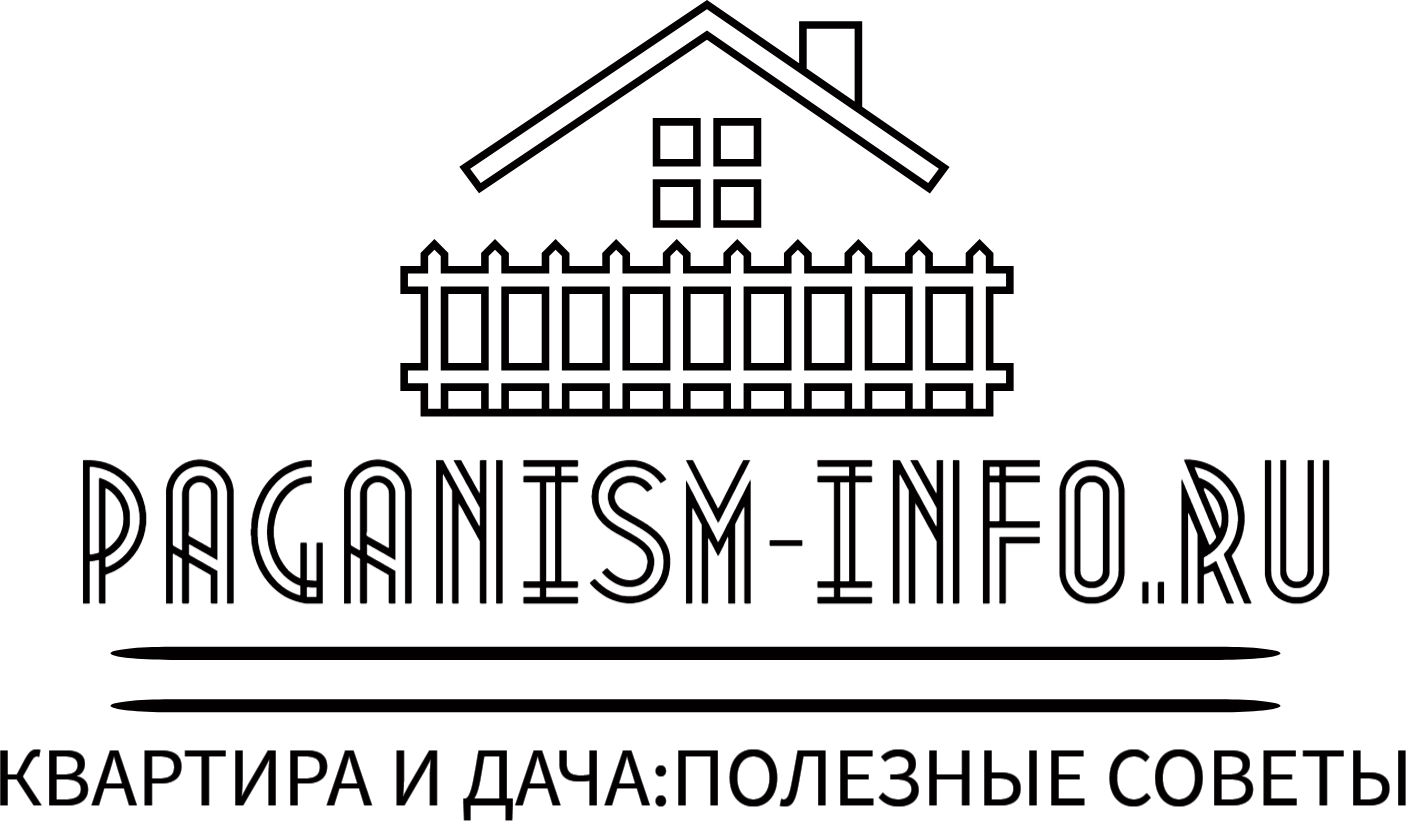The Increase of Student-Driven Encyclopedias: Transforming Knowing Landscapes
In the ever-evolving world of education, where information flows generously and access to expertise is just a click away, student-driven encyclopedias are becoming a dynamic tool in the knowing process.

These platforms not only offer students with a database of info but additionally encourage them to add, edit, and curate content, cultivating a joint and interactive understanding setting.
As educational paradigms shift towards even more participatory and comprehensive models, the principle of student-driven encyclopedias embodies this transformation. These systems empower students to come to be energetic individuals in understanding development, bridging the void between traditional book discovering and contemporary electronic resources.
The Idea knowledge sharing of Student-Driven Encyclopedias
Student-driven encyclopedias are electronic platforms where trainees jointly collect, validate, and disseminate information on a wide array of topics. Unlike conventional encyclopedias, which are usually composed by experts, these systems leverage the joint initiatives of trainees to develop a detailed body of understanding.
At their core, student-driven encyclopedias are created to cultivate crucial reasoning, research study skills, and electronic literacy amongst trainees. By taking part in the procedure of material production, students discover to browse and examine info critically, abilities that are crucial in today’s information-rich culture.
In addition, these systems act as an area for trainees to explore their passions and share their know-how. This democratic strategy to knowledge creation makes certain that a varied range of point of views and voices are stood for, enhancing the learning experience for all individuals.
- Trainees get hands-on experience in research study and content creation.
- Motivates collaboration and peer communication.
- Promotes a deeper understanding of subject matter.
- Fosters inclusivity and variety in expertise representation.
Click here to preview your posts with PRO themes ››
Basically, student-driven encyclopedias change pupils from easy recipients of info right into energetic factors, instilling a feeling of ownership and obligation in their academic trip.
Advantages of Student-Driven Encyclopedias
Among the primary advantages of student-driven encyclopedias is the advancement of essential 21st-century skills. As students participate in the procedure of content production, they develop their essential reasoning, digital proficiency, and communication skills, every one of which are crucial in today’s interconnected world.
In addition, these platforms encourage a collective learning setting, where students can interact to validate info, debate different viewpoints, and co-edit articles. This peer-to-peer communication not only improves finding out end results however likewise fosters a sense of community and shared regard among trainees.
Furthermore, student-driven encyclopedias offer a platform for showcasing trainee job. As trainees contribute to the encyclopedia, they build a profile of their research and writing, which can be invaluable for additional academic and expert searches.
Obstacles and Limitations

Regardless of the many advantages, student-driven encyclopedias likewise face particular difficulties. Ensuring the precision and dependability of details is extremely important, as these platforms rely on contributions from pupils who may not yet have expert-level knowledge.
- Preserving material top quality and accuracy.
- Offering ample supervision and support.
- Ensuring equitable accessibility and inclusivity.
To mitigate these obstacles, numerous student-driven encyclopedias execute a system of checks and balances, where web content is evaluated by educators or experts prior to publication. This makes certain that the details presented is both precise and credible, upholding the honesty of the system.
The Future of Student-Driven Encyclopedias
As innovation continues to advancement and the landscape of education evolves, the potential for student-driven encyclopedias is substantial. These platforms have the ability to not only enhance typical instructional resources yet additionally redefine the way understanding is obtained and shared.
Click here to preview your posts with PRO themes ››
In the future, we could see student-driven encyclopedias integrating more advanced technologies such as artificial intelligence and artificial intelligence to enhance material curation and personalization. In addition, they might expand beyond textual info to include multimedia web content, using an extra immersive knowing experience.
Empowering the Next Generation
Student-driven encyclopedias hold the guarantee of equipping the next generation of students. By putting pupils at the helm of understanding production, these systems motivate lifelong learning, interest, and intellectual independence.
Finally, as academic systems remain to introduce, student-driven encyclopedias stand as a testimony to the power of cooperation and the significance of pupil company in the learning process. By accepting these platforms, we unlock to a much more inclusive, engaging, and vibrant educational experience for all.





